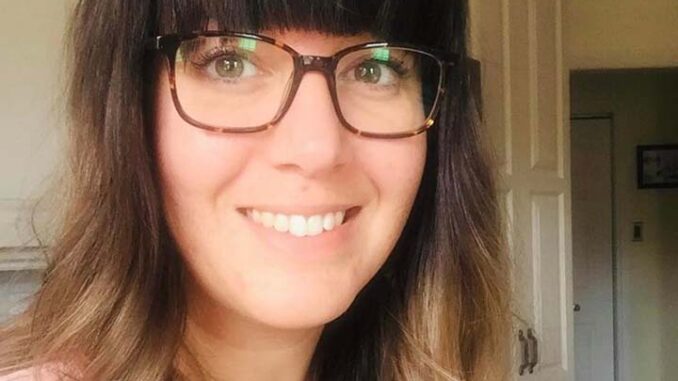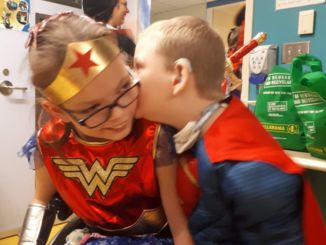Neurodivergence often goes unnoticed in females of all ages.

Sarah Lewis
Kicker News
Neurodivergent traits, which include ADHD, autism, and dyslexia, often go unnoticed in girls with many struggling in silence.
Because it is underdiagnosed, those with such conditions are left feeling like underachievers who don’t work hard enough.
Kathy Stock was diagnosed with ADHD at the age of 33.
Following a battle with cancer and after finishing chemotherapy, Stock decided she wanted to go back to school. As a mature student, she found it hard to concentrate and remember the course material.
“I found that I was having a really hard time with my working memory,” Stock said. “I thought that my chemo had affected my cognitive abilities.”
Stock was referred to the Dr. L.A. Miller Centre in St. John’s for an assessment to test her memory. She went through three days of testing.
“When I finished (the assessments) they told me there was enough evidence to diagnostically say that I had ADHD,” said Stock.
The diagnosis came as a surprise.
“It was not at all what I was anticipating,” Stock said.
However, when Stock thought back on her childhood a diagnosis of ADHD made sense.
“Once I learned what it was, I could see it throughout my entire life,” Stock said.
ADHD symptoms get missed in young girls even if they’re struggling. Typically, because parents and doctors look for the hyperactive or impulsive traits rather than the inattentive traits often shown by girls.
She performed well all through grade school until she reached high school where her grades began to drop.
Parents and teachers assumed she was just becoming careless and preoccupied, they would tell her she needed to apply herself.
“At that point, I didn’t realize I just didn’t know how,” Stock said.
When she first explained the diagnosis to her parents, says Stock, their initial response was defensive.
“I explained the diagnostic process to (my) mom and she said ‘you don’t have that.’” Stock said.
Stefan Mifflen, a private guidance counsellor, says in his professional experience girls are more likely to be inattentive in class and accused of daydreaming. Boys with the same neurodivergent issues, on the other hand, tend to act out.
“A lot of females can present in class as just really quiet, shy kids, not a behaviour problem so they’re not pressed to get assessed at a younger age,” Mifflen said.
Many neurodivergent people develop a tool called masking to avoid stigma, make friends or have a sense of belonging. Masking can look like copying someone’s voice or body language, laughing along even if they’re unsure why, pretending to follow a conversation, and other things to help them blend in.
“Girls may be more able to control their impulses and their hyperactivity because it’s not as socially appropriate,” said Mifflen. “Girls are better at modelling behaviour that is desired than boys…”
It’s because girls want to fit in more, he says.
There are buzzwords teachers will use in report cards that can indicate the presence of neurodivergence, says Mifflen.
“A teacher’s not going to say in a child’s report card, I think your child has ADHD,” said Mifflen. “Watch for words like daydreaming, not focused, struggles with tasks.”
Mifflen began counselling in 2004, since then he’s seen a noticeable difference in the stigma surrounding neurodivergence.
“I find attitudes have really changed,” said Mifflen. “Parents now are starting to say, ‘if my kid’s got ADHD or autism, I want to get that looked into.’”
Stock is one of those parents. Her son has been diagnosed with the same form of ADHD.
“Learning about it through him helped my parents have a little more compassion about (neurodivergence),” said Stock.
The diagnosis has also allowed Stock to be kinder to herself in everyday life.
“In the past I would beat myself up a little bit about procrastination,” Stock said. “I’ve started not looking at attributes as personal failings and more this is just how my brain works”
Having the diagnosis and being able to think about why she does things has been life changing, says Stock.
“It’s been empowering to have the knowledge about how my brain works.”




Be the first to comment